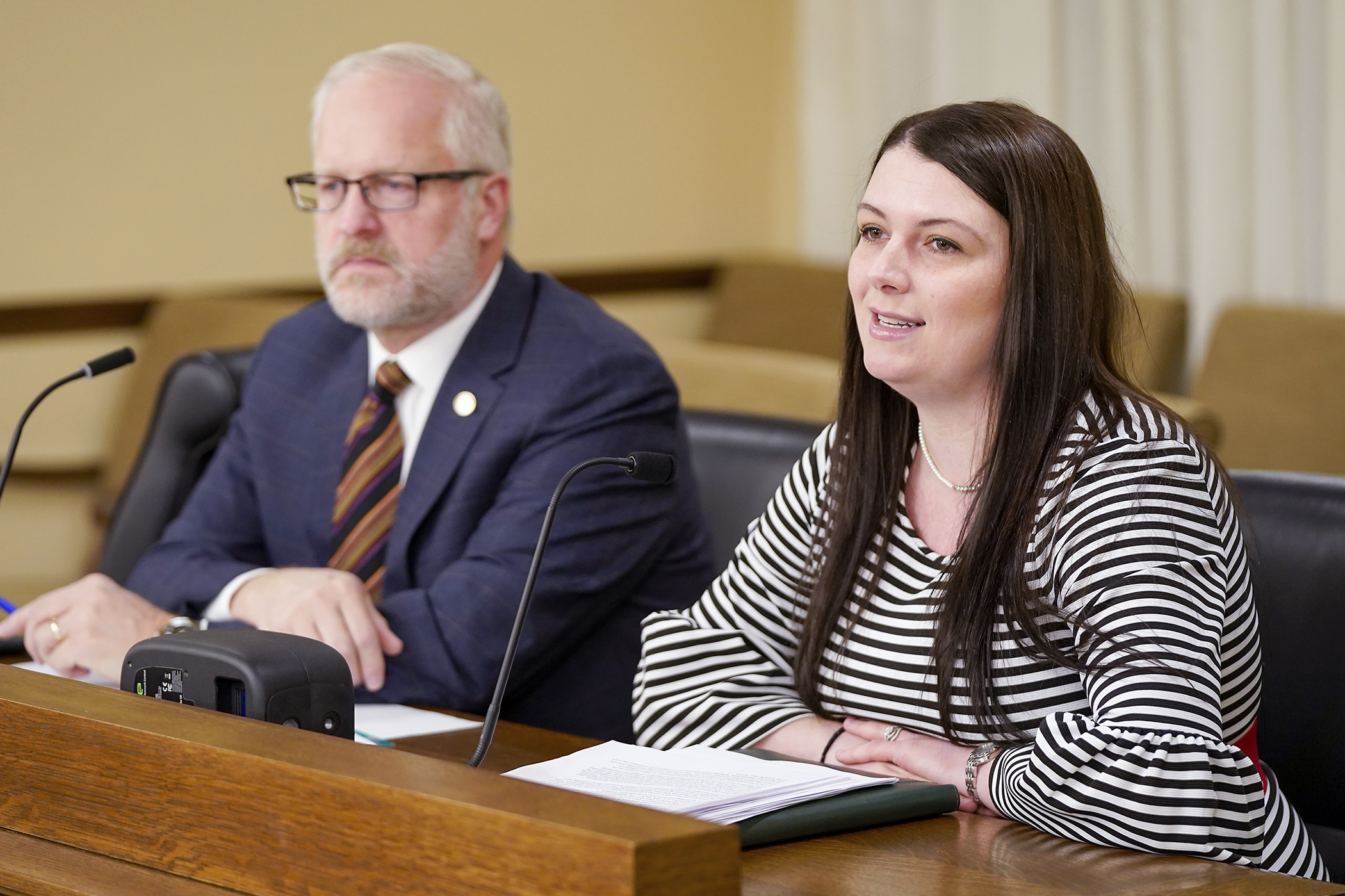Bill seeks to boost state agency accountability

On the back of a boat trolling for walleyes with maybe a cigar and “brown liquid in a glass” alongside, Rep. Jim Nash (R-Waconia) began thinking about how to better utilize information from the nonpartisan Office of the Legislative Auditor to improve internal controls.
His answer is HF3, a process-oriented idea that would provide greater accountability, transparency and openness in state government.
Resources permitting, it would require a report by Feb. 1 each year from the office to committees with jurisdiction over an entity subject to audit. The report would detail if identified recommendations by the office during the prior five years in a financial audit, program evaluation, or special review have been implemented. By July 1, a report would be due to the Legislature of which standing committees the office presented or did not present their internal controls report.
The office mission is to strengthen legislative oversight, improve accountability, promote good management and enhance program effectiveness. It has no authority to enforce its recommendations.
If an agency or department has only implemented, for example, four of 20 internal control recommendations, Nash said that would tell the Legislature it must be better at holding the agency or department accountable.
Approved, as amended, Tuesday by the House State Government Finance and Policy Committee on a 7-6 party-line vote, the bill’s next stop is the House Ways and Means Committee.
A fiscal note projects $579,000 cost in the 2026-27 biennium. An amendment successfully offered by Rep. Mary Frances Clardy (DFL-Inver Grove Heights) would ensure that funding is provided to the office.
Nash anticipates finding savings to cover the cost during this session’s committee process.
Concerns put forth by DFL members include adding another level of bureaucracy, an administrative burden and that a five-year lookback may be too long.
“If we as legislators are relying on the auditor to constantly please have a look at this, have we not been neglectful in our own responsibility to stay on top of these things as chairs and that we may be taking a more simplistic approach to say somebody else can be our eyes?” asked Rep. Ginny Klevorn (R-Plymouth).
Countered Nash: “The intent is to use the expertise of the OLA —because I’ve yet to hear anybody say they do bad work — to better inform us as we lead our committees forward.”
Related Articles
Search Session Daily
Advanced Search OptionsPriority Dailies
Speaker Emerita Melissa Hortman, husband killed in attack
By HPIS Staff House Speaker Emerita Melissa Hortman (DFL-Brooklyn Park) and her husband, Mark, were fatally shot in their home early Saturday morning.
Gov. Tim Walz announced the news dur...
House Speaker Emerita Melissa Hortman (DFL-Brooklyn Park) and her husband, Mark, were fatally shot in their home early Saturday morning.
Gov. Tim Walz announced the news dur...
Lawmakers deliver budget bills to governor's desk in one-day special session
By Mike Cook About that talk of needing all 21 hours left in a legislative day to complete a special session?
House members were more than up to the challenge Monday. Beginning at 10 a.m...
About that talk of needing all 21 hours left in a legislative day to complete a special session?
House members were more than up to the challenge Monday. Beginning at 10 a.m...